You just have to
hear this.
Client Name
SiriusXMServices
- Branding
- Digital
- Out of Home
- Social
Background
As one of the pioneers of Internet radio, SiriusXM built its business model on a provide pay-for-service radio, analogous to that of cable tv. Music channels are presented without advertising, while its talk channels, such as Howard Stern's Howard 100 and Howard 101 and Jason Ellis' Faction talk 103, carry commercials. Because all channels are free from FCC content regulation, songs are played unedited for language and talk programs also feature uncensored content.
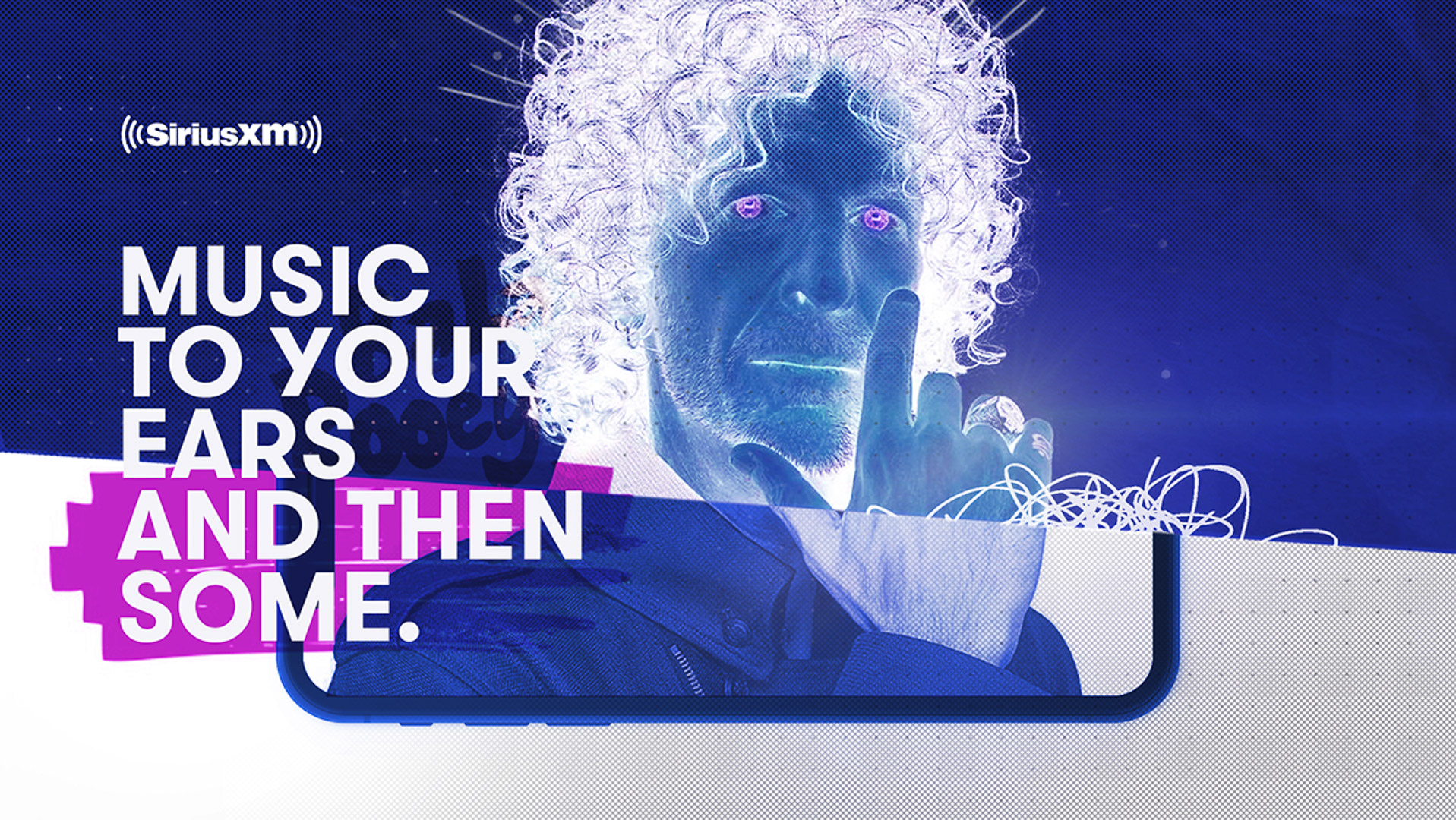
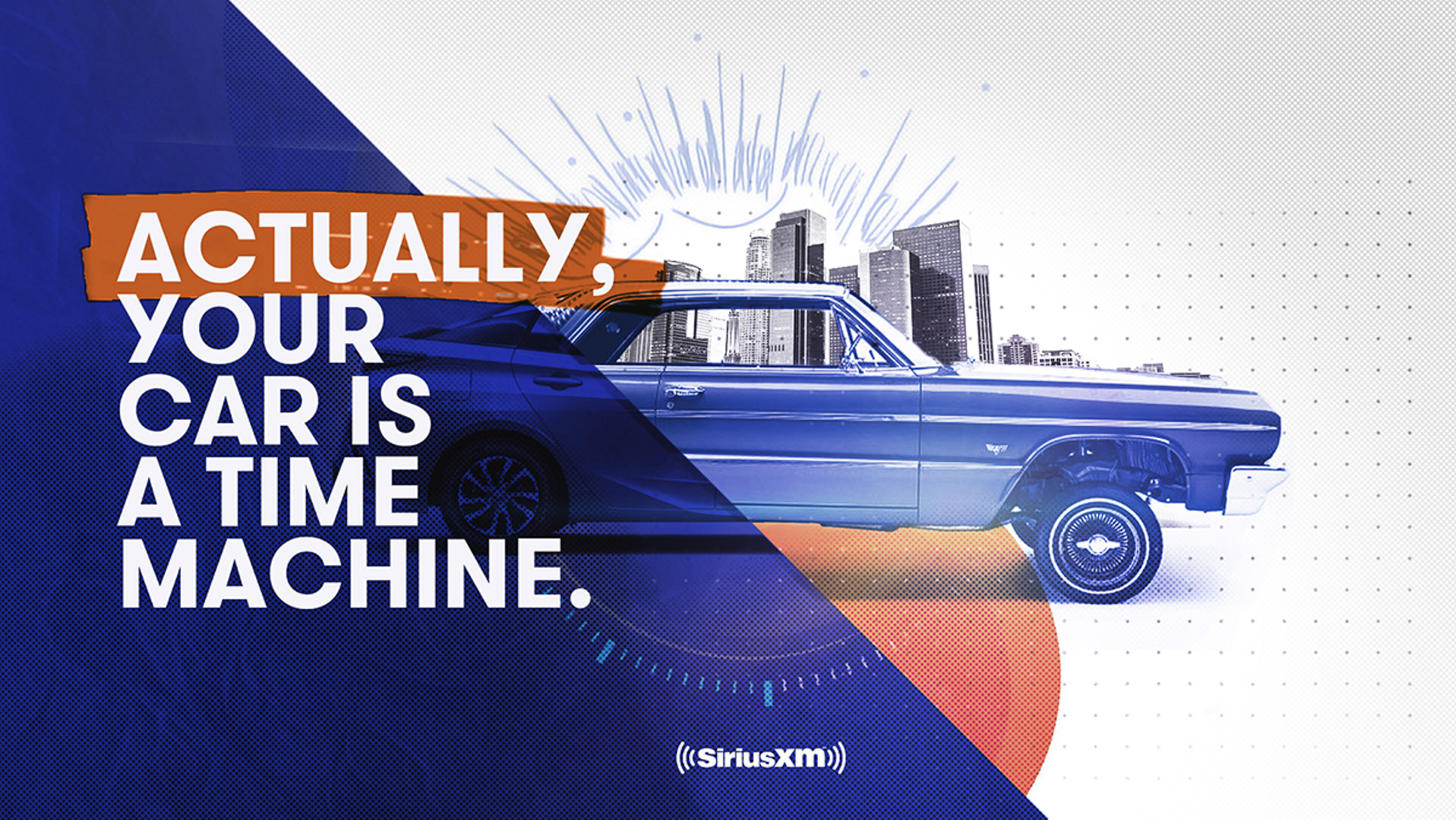
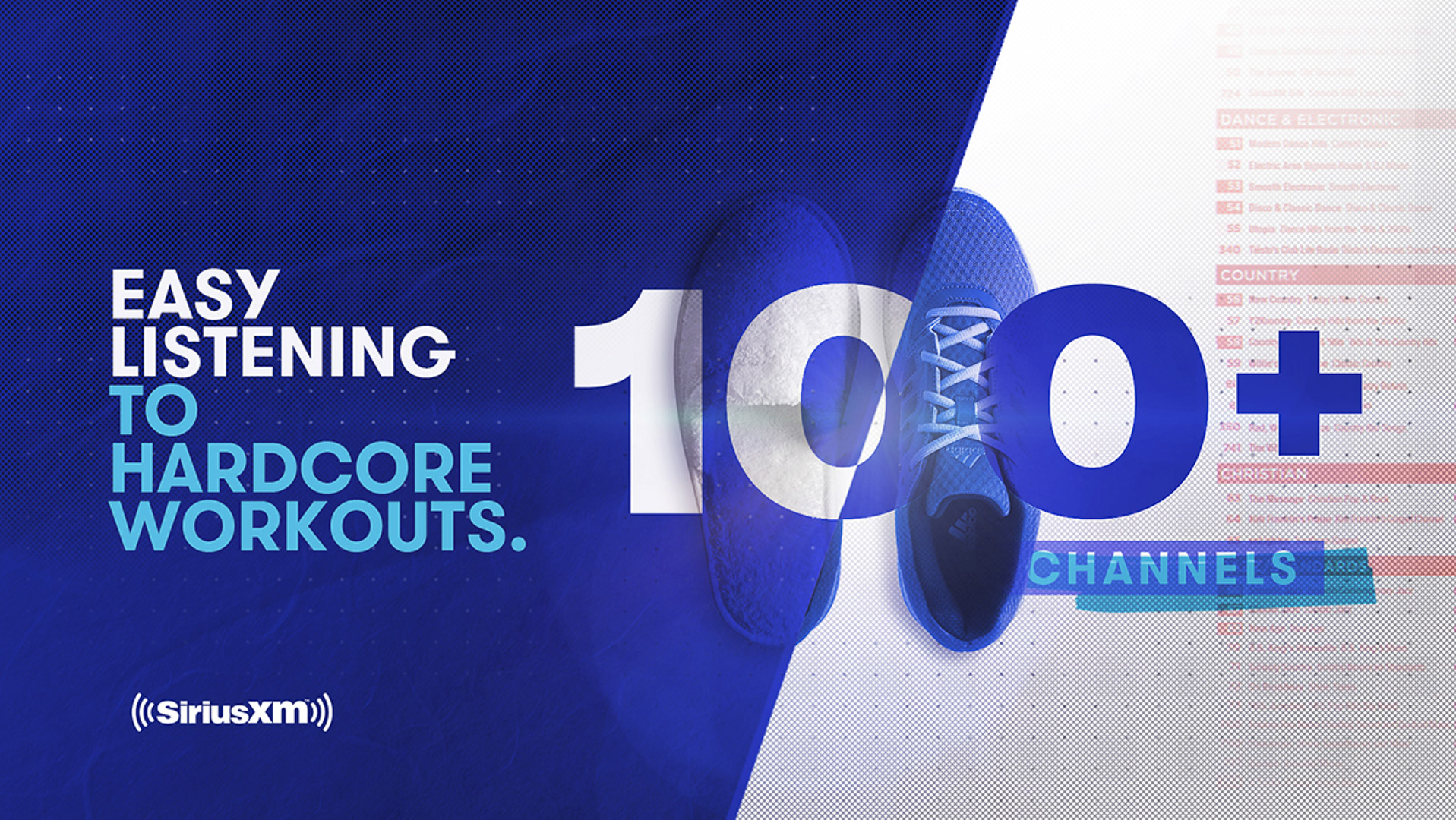
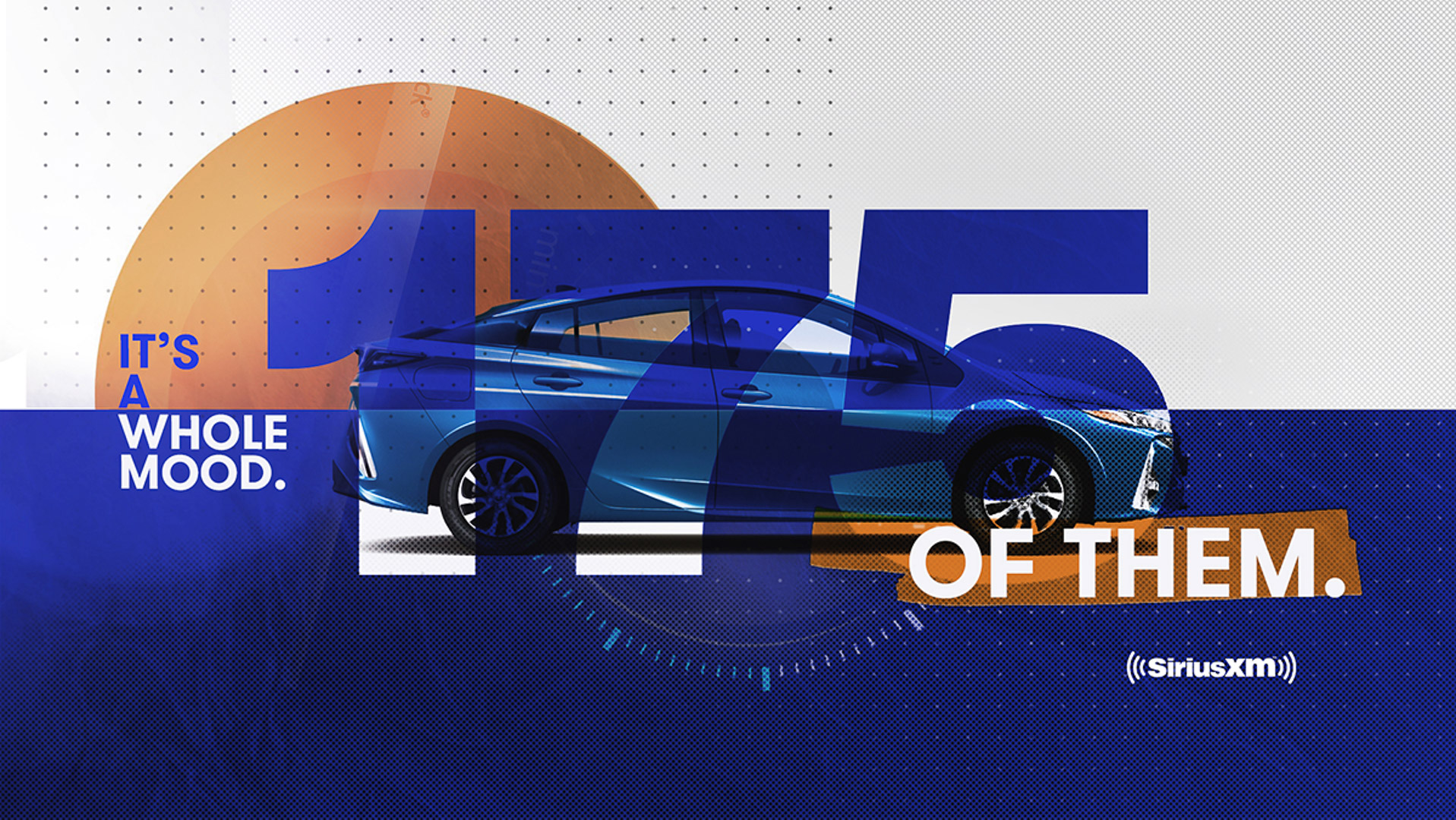
The challenge
Although known for pushing the boundaries of radio, SiriusXM programming and branding had become stale and was slowly losing marketshare to a new generation of on-demand listening options of Spotify, Pandora, and an over-saturated podcast market. A new look and feel partnered with an unapologetic message was welcomed by their audience in order to propel the brand into another decade of content disruption.

The approach
In order to stay competitive, we got to work reinventing this storied brand reminding the world of their origins in cutting-edge content. Through a series of carefully curated content partnerships, we challenged users to turn their radios into time machines, powering them to any place they could desire. Full spread advertisements ran in parallel to articles, showcasing celebrities like Kevin Hart, Biz Markie, and Howard Stern—talent only available on SiriusXM.
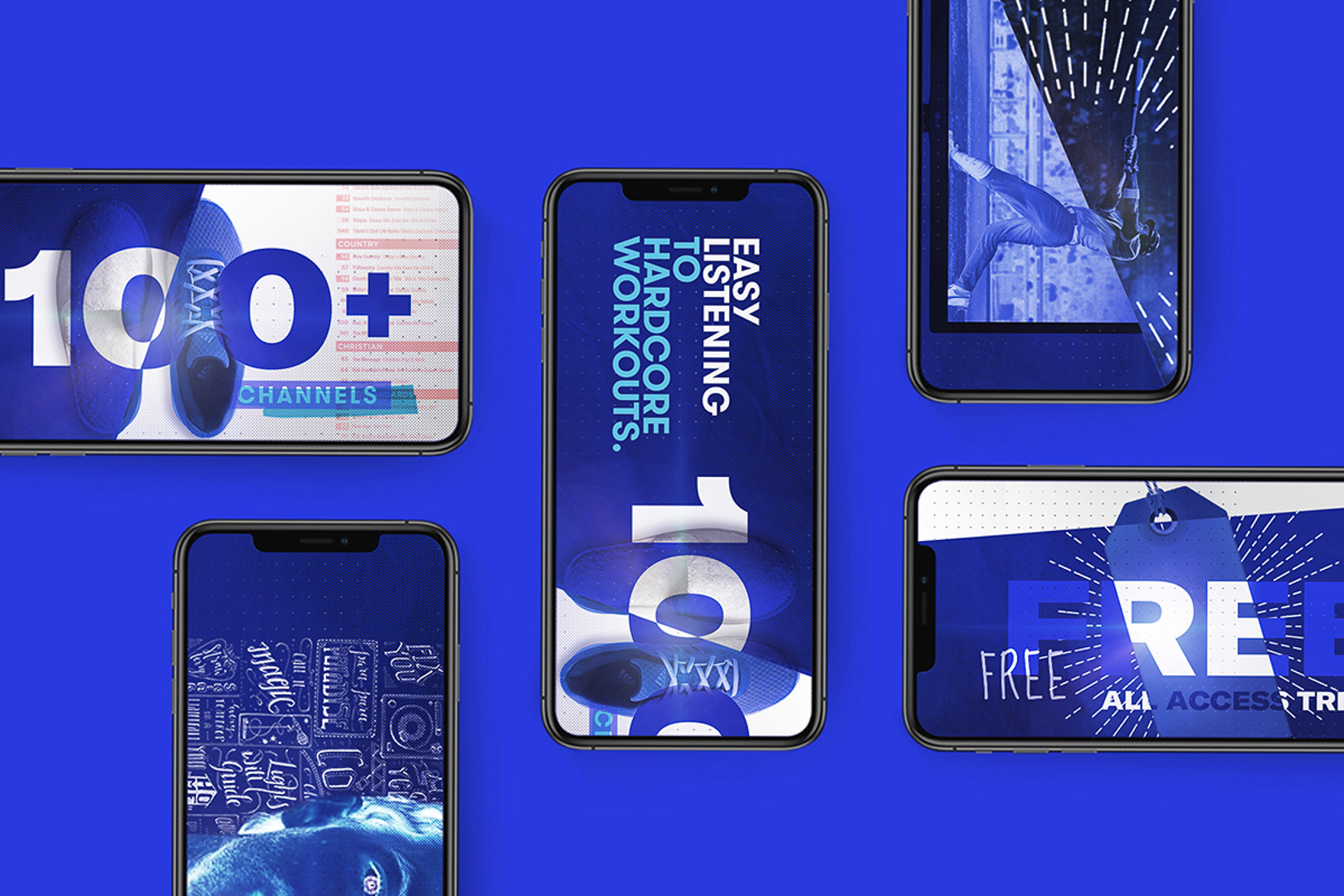

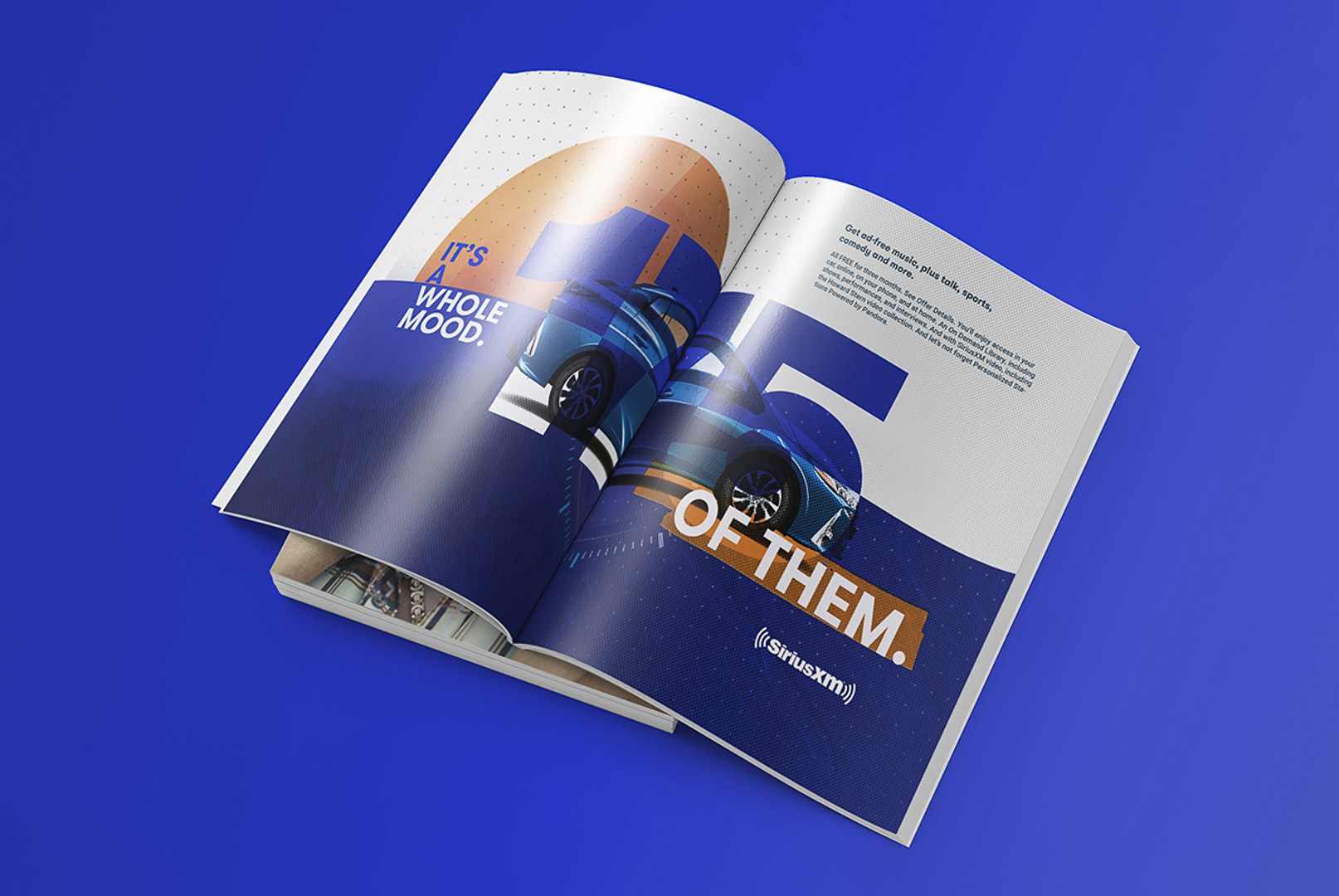

Advertising campaign
Targeting heavy commuter areas of LA, Austin, and Miami, we offered messages showcasing the ever-expanding opportunities only available on SirusXM. Utilizing strategic geo-targeted ads on popular navigation tools, when users stopped at traffic signals near the boards, a one-click trial offer provided an easily trackable and integrated solution for the campaign.

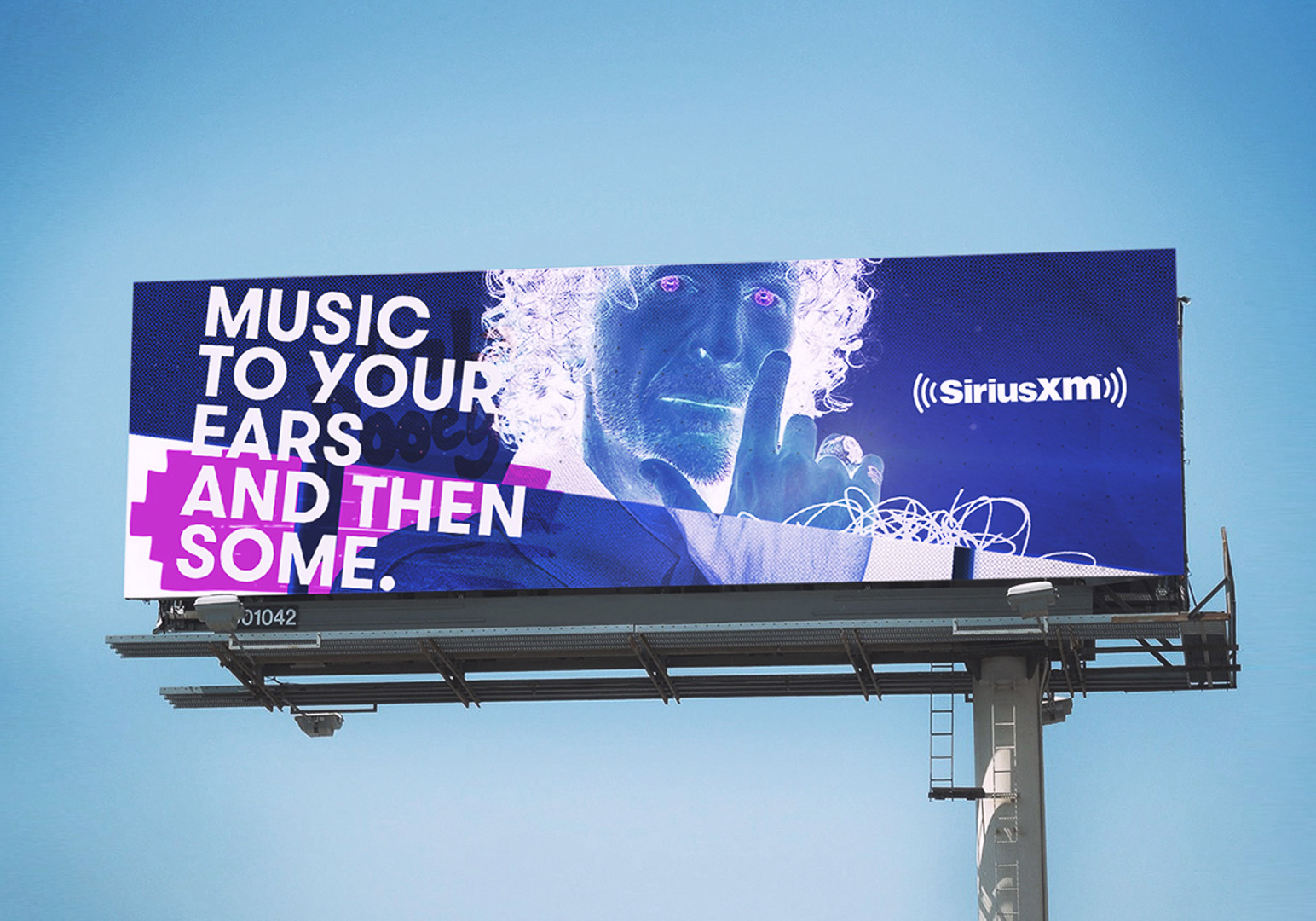
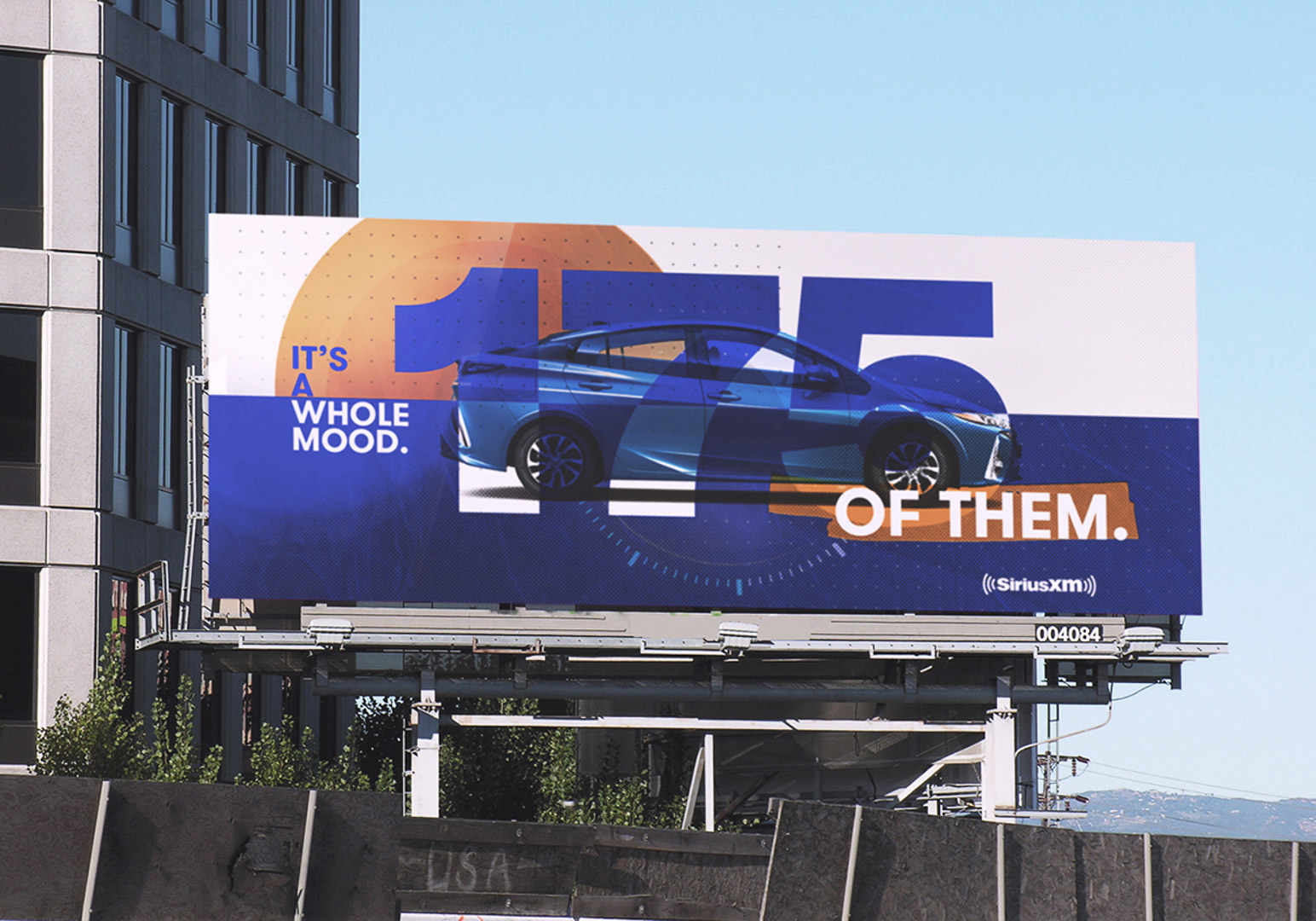
The takeaway
Closing 2019, the total paid subscriber base reached a record-high 34.9 million, reaffirming SiriusXM as the world’s largest radio company. But that was just the start as Full year 2020 revenue grew 2% to $6.35 billion, with growth in subscriber revenue offsetting a decline in advertising revenue due to the pandemic.
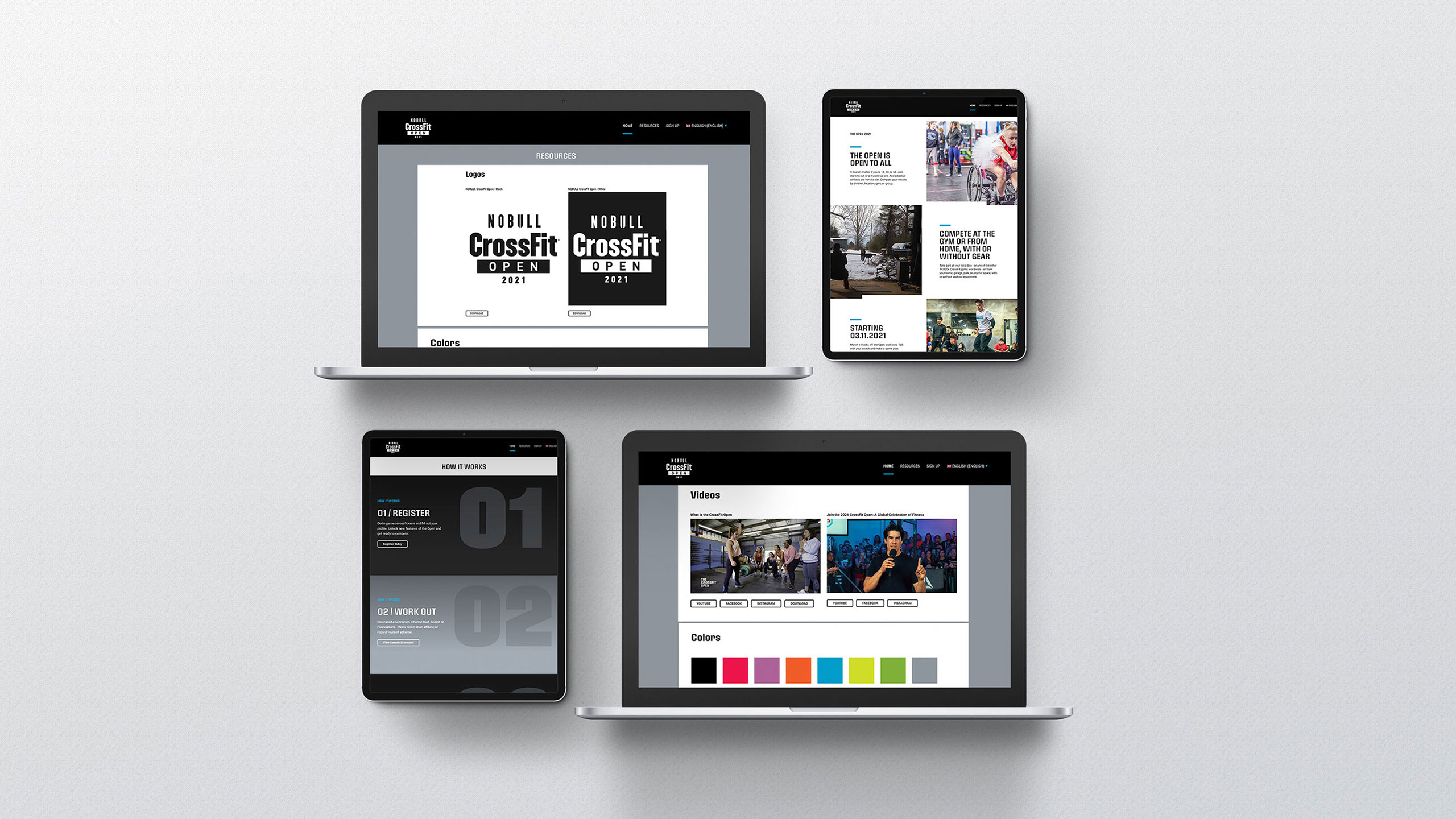 "/>
"/>
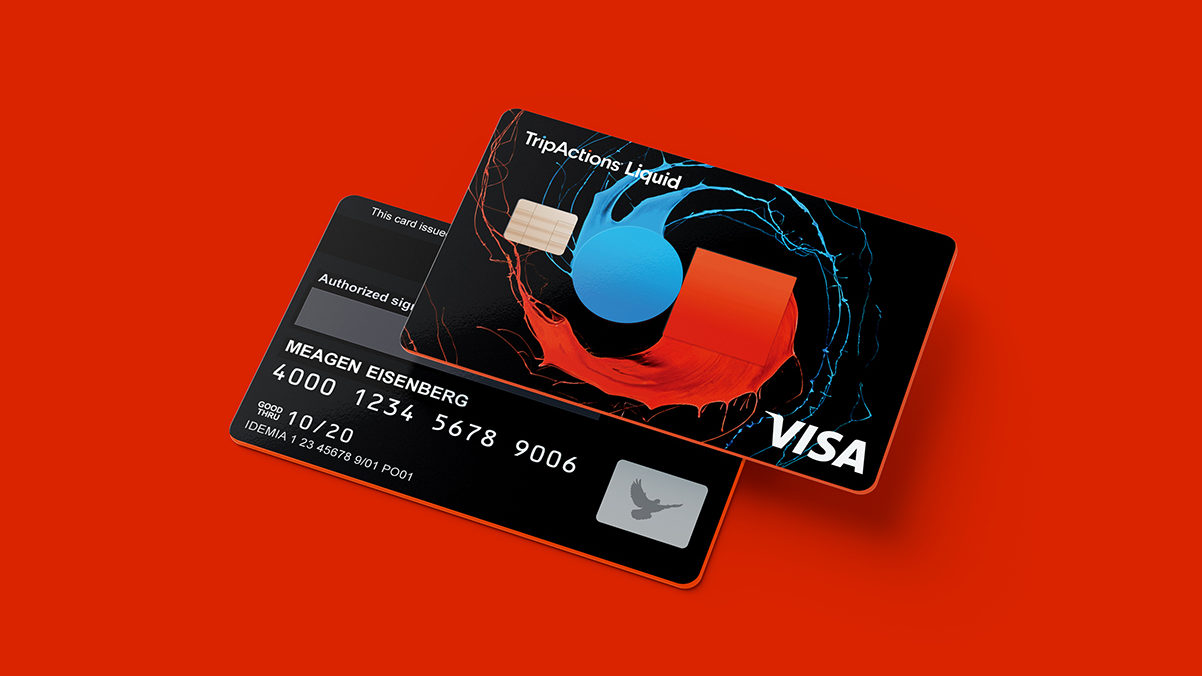 "/>
"/>
 "/>
"/>